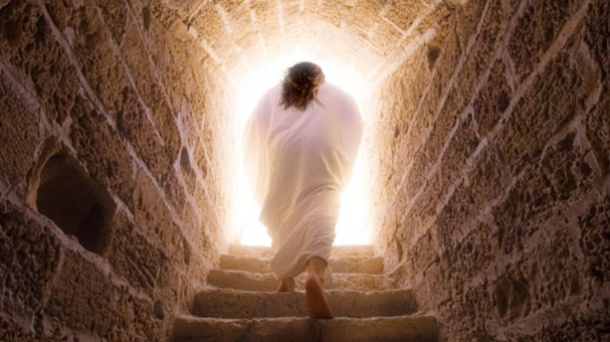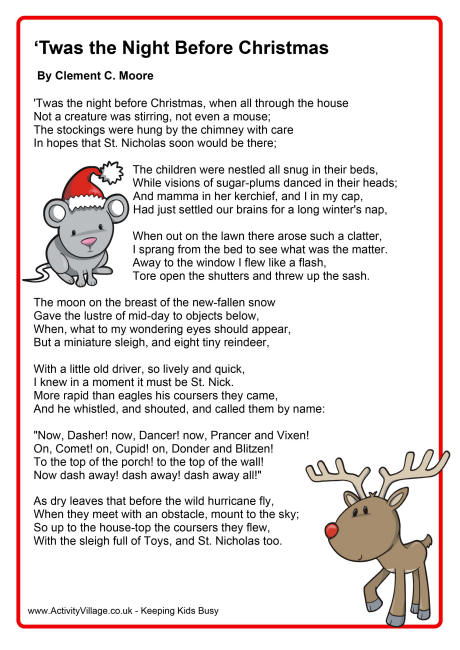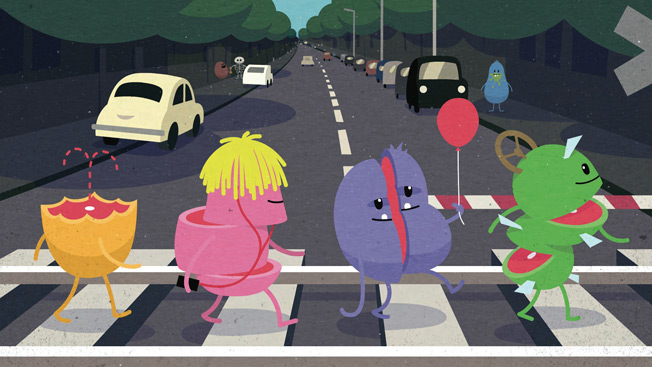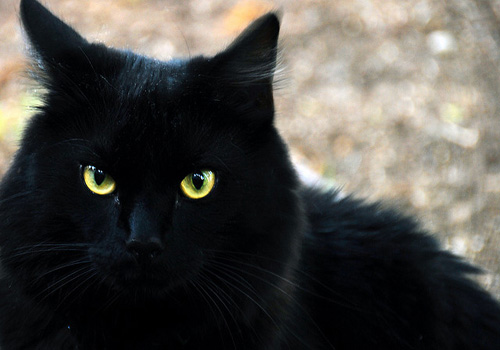7 Things You Probably Didn’t Know About Christmas
First of all, I want to wish all of you a Merry Christmas! Obviously the word “Christmas” has significance to Christians since it is the recognized day of the birth of Jesus Christ, however people around the world have celebrated this day historically, even though they might not be practicing Christians.
I did a little research on this holiday and found some interesting facts that debunk many of the common misconceptions about the Yuletide Season and I thought I should share seven of them with you.
“Oh Tannenbaum”

The Christmas tree is a relatively young tradition here in the U.S. German immigrants brought the tree ceremony over with them in the mid 1700s. But in the 1900s President Teddy Roosevelt was against them, saying “It was a waste of good timber.”
“Happy Easter”

As I mentioned earlier, millions of Christians celebrate this holiday every December 25. Some even participate in the “12 Days of Christmas,” Easter however, gets about two months of recognition.
One is a birthday, one celebrates raising up from death in an effort to save the human race. Which one do you think holds more significance?
“Twas the Night Before Christmas”

This poem has been popular since it was first published in New York’s Troy Sentinel on Dec. 23, 1823. It was published anonymously, and it wasn’t until 1836 that someone stepped forward as the author: Clement Clarke Moore, a professor and poet.
But once Moore claimed to be the author, members of the Henry Livingston Jr. family, cried “Bullshit!” They said their dad had been reciting the very same poem to them a full 15 years before it was published. Livingston, was a distant relative of Moore’s wife.
Who was telling the truth? At least four of Livingston’s kids, and one neighbor, said they remembered him reciting the poem as early as 1807.
“What day is it?”

No one knows for sure when Jesus was born. The Bible mentions neither a month nor a date. Yet while Jesus may have been born on Dec. 25, it’s highly unlikely, at least according to Biblical interpretations.
The Bible says that during Jesus’ birth, shepherds were in their fields. But it’s cold in Bethlehem in December, and nothing much grows in the fields, so shepherds stayed inside.
The Bible also says Mary and Joseph were traveling to take part in a census. But back in Jesus’ time, censuses were normally held in September or October — after the fall harvest.
“Merry-Xmas”

Don’t take “Christ” out of Christmas!” That’s the rallying cry of many Christians, who get freaked out over what they view as sacrilege — removing Christ’s holy name from their important holiday.
But if we take a closer look, writing “Xmas” isn’t a necessarily a slam against the son of God. Far from it. The word “Christ” in Greek is written “Χριστός.”
Saint Nicholas
St. Nicholas was a fourth-century Turkish bishop who spent his life giving money to the poor, and it’s said one of his favored methods was secretly leaving money in people’s stockings overnight.
Nicholas died on Dec. 6, and was eventually proclaimed a saint. Dec. 6 became known as St. Nicholas Day. Different cultures would instruct their kids to leave out stockings or shoes the night before so “Saint Nick” could fill them with gifts like fruit, nuts and candy.
By the 16th century, Europeans were turning away from the idea of St. Nicholas, but they embraced the gifting tradition. So St. Nick morphed into a new guy named “Father Christmas.” First mentioned in 15th-century writings, he was a partying dude associated with being drunk and holiday merrymaking.
“O Come All Ye Faithful”
“Kids can’t sing religious songs at school.”
This idea is false — at least for now. As long as secular songs are included in a school holiday concert’s repertoire, Christmas carols may also be sung But there’s much debate over whether singing any sacred choral music in public schools is a violation of the U.S. Constitution‘s Establishment Clause.
The Constitution’s First Amendment says “Congress shall make no law respecting an establishment of religion.” This “Establishment Clause” is at the heart of many disputes over what people consider freedom of conscience, freedom of speech and freedom of religion.
As of now, however, there’s been no ruling by the Supreme Court, and no Constitutional amendments, banning this practice. Some individual school districts, however, have banned Christmas music in school concerts
Just a few facts I found interesting, hope you did too. Have a happy, safe, holiday season everyone. Be cool to each other and try to smile…Peace.




